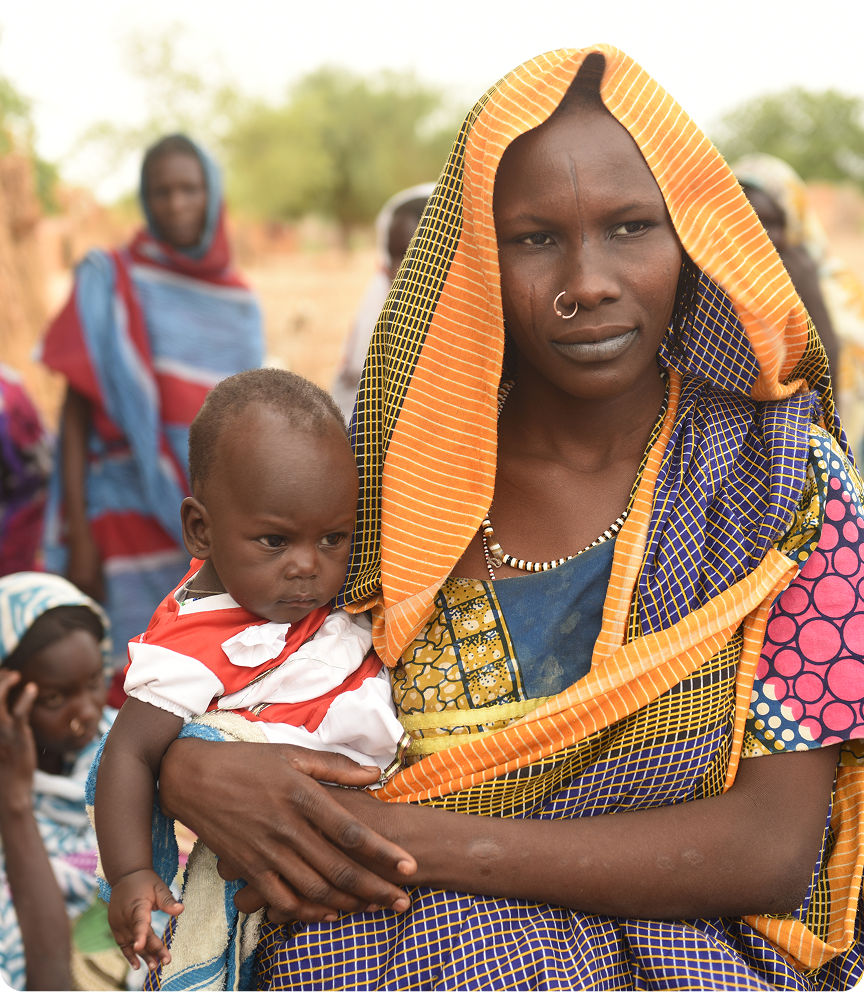Who We Are
Home
>
Who we are

About Us
The Lake Chad Basin Commission (LCBC) was established on 22 May 1964 by the four countries bordering Lake Chad: Cameroon, Niger, Nigeria, and Chad. The Central African Republic joined the organization in 1996 and Libya was admitted in 2008. Egypt, the Republic of Congo and the Democratic Republic of Congo are observer members. The headquarters of the Commission is located in N’Djamena, Chad.
The mandates of the Commission are: to manage the waters of Lake Chad and the other transboundary
water resources in the Lake Chad basin in a sustainable and equitable way; to conserve the ecosystems of the conventional basin; and to promote regional integration and safeguard peace and security in the conventional basin.
LCBC is a basin organization and a member of both the African Network of Basin Organizations (ANBO) and the International Network of Basin Organizations (INBO).
The Commission is funded through contributions from its member states.
Our Mandate
COLLABORATION
To manage the waters of Lake Chad and other transboundary water resources in the Lake Chad basin in a sustainable and equitable way;
CONSERVATION
To conserve the ecosystems of the conventional basin;
STEWARDSHIP
To promote regional integration and safeguard peace and security in the conventional basin.
Vision of LCBC
The Lake Chad Region would like to see by the year 2025:
The Lake Chad; common heritage; and other wetlands maintained at sustainable levels to ensure the economic security of the freshwater ecosystem resources, sustained biodiversity and aquatic resources of the basin, the use of which should be equitable to serve the needs of the population of the basin thereby reducing the poverty level.
A Lake Chad Region where the regional and national authorities accept responsibilities for freshwater, ecosystem and biodiversity conservation and judicious integrated river basin management to achieve sustainable development.
A Lake Chad Region where every Member States has equitable access to safe and adequate water resources to meet its needs and rights and maintain its freshwater, ecosystem and biodiversity resources.
Our Mission










